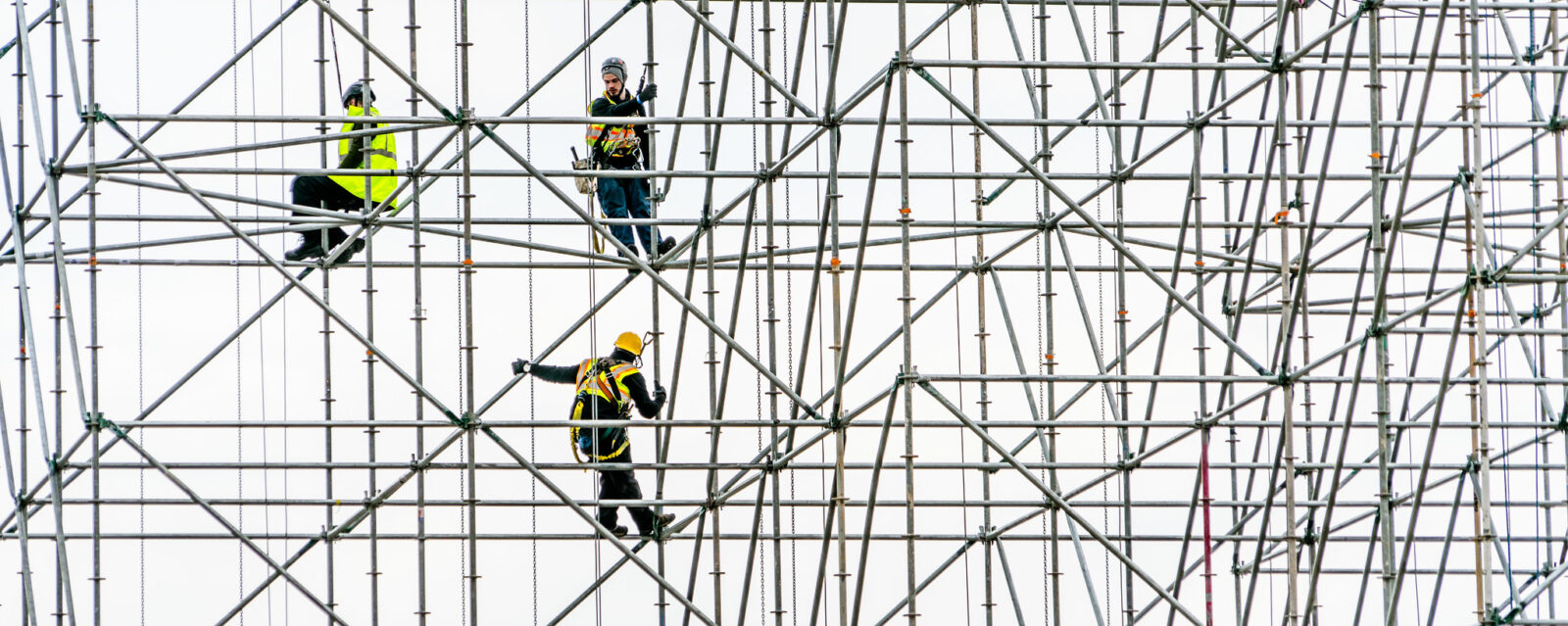Thangam Debbonaire
MP for Bristol West
Shadow Secretary of State for Culture, Media and Sport

The cladding crisis may be out of the headlines, but it is far from over. I recently shared a survey with Bristol West residents which has shown just how widespread and chaotic this crisis has become. I wrote about some of the findings for Bristol247.
As Shadow Housing Secretary until earlier this year, I‘ve been following this crisis closely, but it was still harrowing to go through the painful testimonies in the survey responses.
I’ve passed my findings on to Secretary of State Michael Gove, below. He must get a grip on this crisis which has now dragged on several years, without any clear end in sight for thousands of people affected.
According to the survey, there are 18 buildings eligible for help from the Building Safety Fund, but only three have had an answer. This means inhabitants of approximately 1,000 high-rise flats have been trapped in dangerous homes, waiting for many months to find out whether they face financial ruin.
Despite all the assurances from the government, 95% of respondents do not feel the fire safety issues have been resolved completely.
I can’t begin to imagine the stress of living with the worry that you could end up having to shell out multiple years of income to fix a house that was deemed safe when you brought it.
The government seems to have forgotten the people affected by this scandal, instead stumbling on to other crises. I will continue to push for a fair resolution for those in Bristol West that the government has abandoned.

Secretary of State Michael Gove
Department for Levelling Up, Housing and Communities
2 Marsham Street
London
SW1P 4DF
23 November 2021
Dear Michael,
RE: Supporting leaseholders affected by the cladding crisis
The cladding crisis has affected millions in the UK. In my own constituency, I have been inundated with messages from households struggling financially and mentally. Just last week I surveyed all constituents who have contacted me about this. On the basis of the 256 responses I received, it seems there are 45 buildings still affected in Bristol West, making 3,000-3,500 flats.
In this letter I want to raise several important patterns which have emerged from the data. I believe these issues demand urgent resolution and clarification, as they are likely to be affecting many thousands of people across the country.
Broken Building Safety Fund process
The slow pace of disbursal of funds through the Building Safety Fund (BSF) is seriously worrying. According to the survey, there are 18 buildings above 18 metres tall eligible to receive BSF funding in my constituency, yet only three have had a response from the BSF team, with all the other applications stuck in the process for up to a year or more.
What will you do to speed up the response to Building Safety Fund applications and help the remediation process to start?
Grossly unjust costs for shared owners
Of my constituents surveyed, 1 in 5 respondents own a part of their property through a shared ownership scheme. While they only own part of the property, they are likely to end up paying 100% of any remediation costs, driving many towards the cliff-edge of bankruptcy. Will you issue guidance to ensure leaseholders who own their properties through a shared ownership scheme are not disproportionately affected in this way?
EWS1 survey problems still freezing sales
Leaseholders continue to face challenges when it comes to EWS1 surveys. Government statements indicate that buildings below 18 metres in height do not need these surveys, yet many of my constituents in these smaller buildings are still finding it impossible to sell their properties without a survey. Residents from at least 10 buildings have reported this problem in the survey. What will you do to ensure that mortgage lenders feel comfortable in following this government guidance?
Unfair burden on leaseholders
From my caseload and my recent survey, it is clear there is a great deal of conflict between freeholders, leaseholders and management companies. I believe this is in part due to the weak obligations on freeholders, who have been told that they “should” pursue building contractors to pay to fix fire safety defects. As you will be aware, this is open to interpretation and it seems leaseholders are in fact being forced to pay the overwhelming share of costs, while contractors, management companies and freeholders – parties which arguably share much more of the blame for dangerous buildings – are profiting in many cases. What will you do to ensure that costs are not forced onto leaseholders who did not cause them?
***
When you came into the role of Secretary of State for Levelling Up, Housing and Communities, there was a great deal of hope among leaseholders and campaigners that a change of leadership would also accelerate the slow pace of progress. But leaseholders are now growing impatient. Many have had their lives on hold for years now, while a solution is pushed further and further back.
This crisis has had a serious impact on mental health. Almost everyone who responded said they felt depressed, anxious or stressed in their situation. I urge you to take their predicament seriously and help alleviate the now-desperate situation many are now in.
Yours,
Thangam Debbonaire, MP for Bristol West
